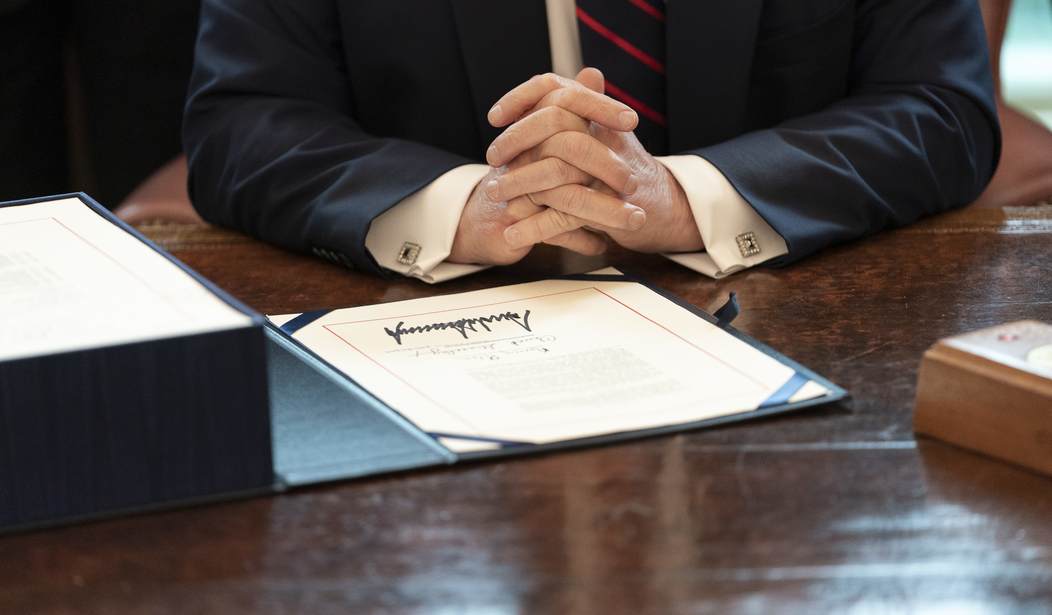MADISON — As Gov. Tony Evers pitches a veritable liberal wish list of spending bills to confront the COVID-19 outbreak, Republican legislative leaders say they will stick to their conservative values even in a time of crisis.
Many of the proposals in the governor’s $700 billion-plus proposed spending bender include nonstarters for a lot of Republican lawmakers — from vastly expanded welfare programs to taxpayer-funded job and wage security for public employees, even as the economy screeches to a halt. More so, Evers seeks “sum sufficient” or blank check funding for a Department of Health Services that has had a hard time justifying the restrictive decisions it has made.
“I am a proud conservative. My ideology does not change whether there is a virus,” Assembly Speaker Robin Vos (R-Rochester) said this week. “It’s important for conservatives and voters across the state to know that we are going to stick to our principles.”
But …
These are days of divided government in Wisconsin. The Republican-controlled Legislature will have to work with Democrat Evers to pass a relief package. Vos said it’s vitally important that negotiations don’t get bogged down in the unnecessary, to make sure Wisconsin leaders focus on what’s really needed to meet the demands of the crisis.
There appears to be broad consensus on suspending the one-week waiting period before applicants can claim unemployment benefits.
Vos said it also has become abundantly clear that many health care regulations aren’t necessary and only have proved to be a hinderance to treating the sick.
Recommended
“I thought that as a conservative, but now we are really seeing that play out, that a lot of that was just bureaucracy without a real, definite health benefit,” the speaker said.
The majority has been criticized by the left for waiting until the state Legislative Fiscal Bureau analyzes the Coronavirus Aid, Relief, and Economic Security (CARES) act, the $2.2 trillion funding package signed by President Trump last weekend. Wisconsin state government stands to receive $1.9 billion, but precisely what the cash will cover remained unclear this week.
Senate Majority Leader Scott Fitzgerald (R-Juneau) says the Legislature’s patience and prudence will pay off for taxpayers.
“Thank God we waited to see what the federal package looked like, because if we would have started dishing out general purpose revenue early on, like we saw in some other states in sizeable chunks … suddenly that money is used up,” Fitzgerald said.
Unhealthy economy
Wisconsin, boasting a $600 million surplus just weeks ago, is seeing its strong fiscal position erode as Evers’ emergency orders shut down a large swath of businesses and drastically curtail state revenue.
Income tax collections in February plummeted 26 percent, from $374.5 million in February 2019 to $276 million in the same month this year. That doesn’t begin to account for what could be a historic drop in tax revenue in March, when Evers’ “Safer at Home” order went into effect.
The number of Americans filing initial jobless claims soared to more than 6.6 million last week, smashing a record high for the second week in a row. The week before, more than 115,000 people applied for unemployment benefits in Wisconsin, 24,600 on Monday alone.
The Badger State is in a substantially better fiscal position than it was at the start of the last major downturn in 2008 and 2009, at the end of Democratic Gov. Jim Doyle’s two terms in office.
The state’s Unemployment Insurance Reserve fund stands at about $1.9 billion. An early 2011 audit found the same fund had declined from a high of $1.9 billion to $930 million in the red between 2000 and 2010. As the fund was depleted during the Doyle years, the state was forced to borrow from the federal government to pay unemployment benefits. On May 31, 2011, the fund owed the federal government more than $1.3 billion.
By the time Republican Gov. Scott Walker and the GOP-led Legislature took office in January 2011, the state faced a $3.6 billion budget hole, substantial job loss and painful uncertainty. Tax-cutting and regulatory reform measures over the eight years Walker was in office led to a return to fiscal and economic good health in Wisconsin.
But the lawmakers who were there learned some valuable lessons from the federal stimulus package that was supposed to bring the states out of recession.
“This is something we experienced the last time we had a big slew of federal dollars for shovel-ready projects,” Fitzgerald said. “Suddenly, it was like, ‘Where are the projects and where’s the federal money?’ and we found ourselves hamstrung.”
“I’m glad we waited and pumped the brakes on the whole thing (a coronavirus relief package), and I’m super glad we’re in a position right now where we can make some really good decisions about where we’re going to go with this legislation,” the majority leader added.
























Join the conversation as a VIP Member